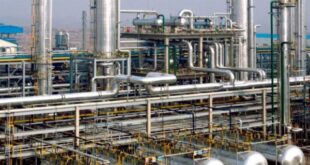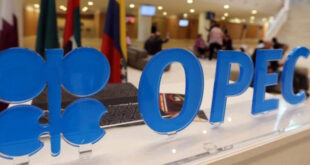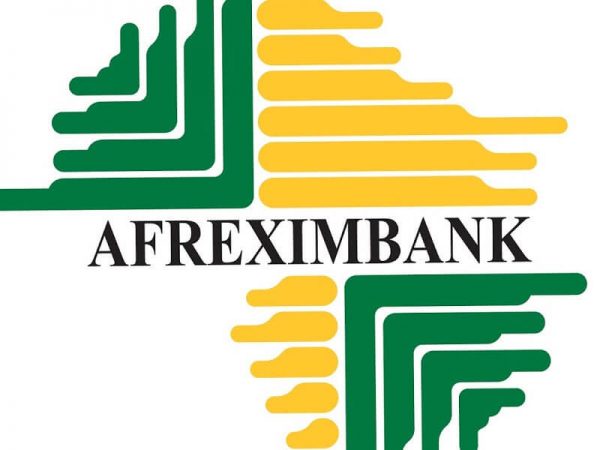 Shell Petroleum Development Company (SPDC) has explained that the lack of structure on ground for effective allocation of resources for the cleaning up of Ogoniland has been the reason for the delay of its own contribution to $1 billion Ogoni Restoration Fund (ORP), as recommended by the United Nation Environmental Protection Report (UNEP).
Shell Petroleum Development Company (SPDC) has explained that the lack of structure on ground for effective allocation of resources for the cleaning up of Ogoniland has been the reason for the delay of its own contribution to $1 billion Ogoni Restoration Fund (ORP), as recommended by the United Nation Environmental Protection Report (UNEP).
While it stated it commitment to the recommendation of UNEP for the restoration of Ogoniland, it however advised the Ogoni community to ensure that it stopped all the illegalities that were going on in the area, as these were capable of affecting the success of the restoration project.
The company said that Ogoni community must take a proactive stand against oil theft and illegal refining as well as allow stakeholders responsible for the cleaning exercise access to the sites affected by the spills as recommended by the UNEP report.
It appealed to the people to provide the enabling environment for all the stakeholders involved in the clean-up exercise to carry out a thorough job that is sustainable, adding that the process is not an economic empowerment thing but that which would lead to a better future for the people of the region.

Igo Weli, general manager, external relations, Shell, is delighted that the Federal Government is leading the process, adding that Shell is ready to carry out its own part of the deal but the communities must do what they need do for the project to be successful. “It will not achieve any result if oil theft and illegal refineries are still thriving,” he said.
Shell, he said, has initiated action to implement all the 22 actions directed by the UNEP report, saying that 16 actions have been completed with just five actions currently on going. Part of the ongoing actions includes the relocations of its Right-of-way (RoW) encroachers, decommissioning of plan.
Out of the 470 spill indents documented along Shell JV RoW in Ogoniland, 368 have been remediated, while 32 sites are at various stages of remediation with 72 outstanding and 40 of these sites at located at Bodo, which has attracted public attention in the last few months.
The SPDC said it welcomed the leadership shown by President Muhammadu Buhari in setting up governance structures for implementation of the UNEP report. “We are greatly encouraged by the positive and constructive response from representatives of the community, Niger Delta NGOs and civil society. This is an important step forward and SPDC is determined to play its part in maintaining the momentum.
“However, as the UNEP report stated, treating the problem of environmental contamination within Ogoniland merely as a technical clean-up exercise will ultimately lead to failure. Ensuring long-term sustainability is a much bigger challenge – one that will require coordinated and collaborative action from all stakeholders,” it said.
The organisation stated that this must include putting an end to the widespread pipeline sabotage, crude oil theft and illegal refining that were the main causes of environmental damage in Ogoniland and the wider Niger Delta today.
Shell Companies in Nigeria will continue to be at the forefront engaging interested stakeholders and seeking sustainable innovative ways to resolve the problem, it noted further.
 MMS PLUS NG – Maritime, Aviation, Business, Oil and Gas News Online Newspaper with coverage in Maritime, Oil and Gas, Aviation, Power and Energy as well as Financial News
MMS PLUS NG – Maritime, Aviation, Business, Oil and Gas News Online Newspaper with coverage in Maritime, Oil and Gas, Aviation, Power and Energy as well as Financial News









